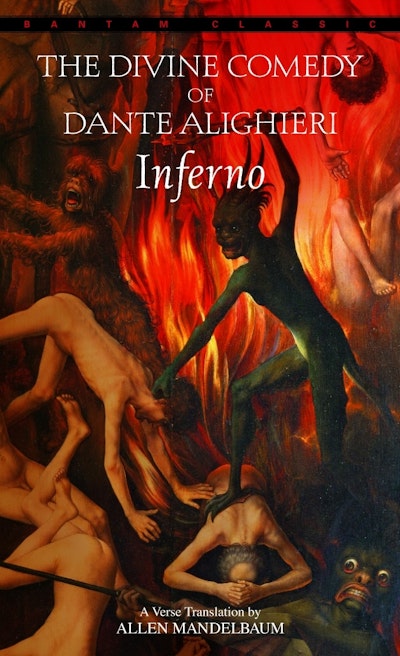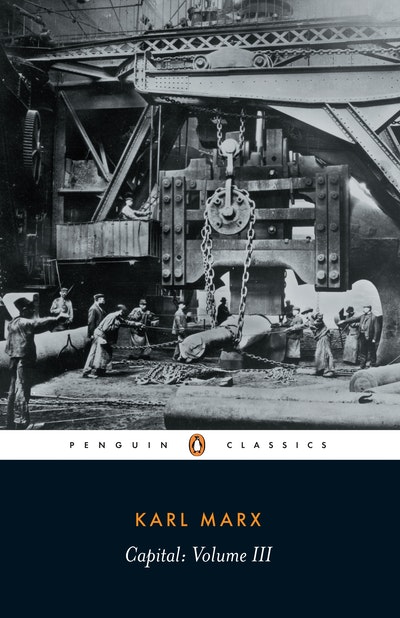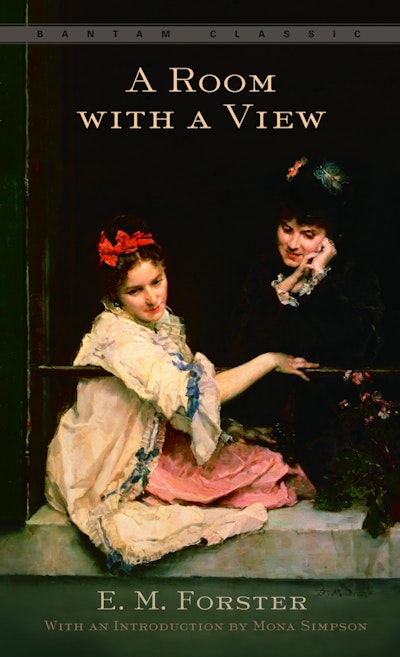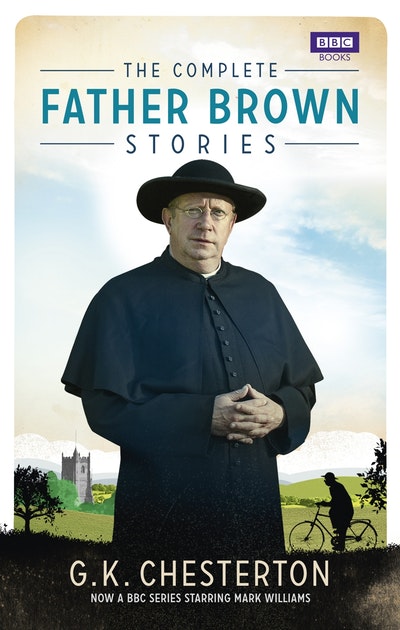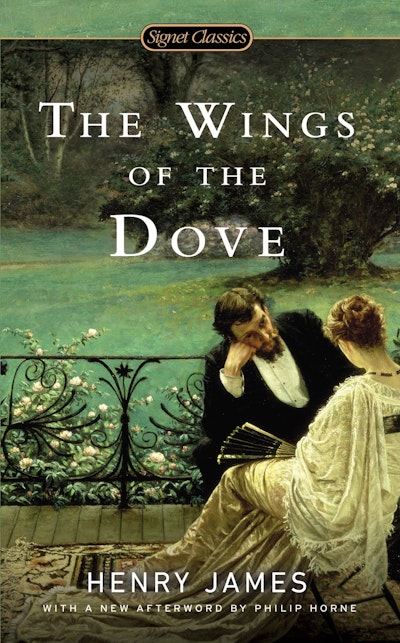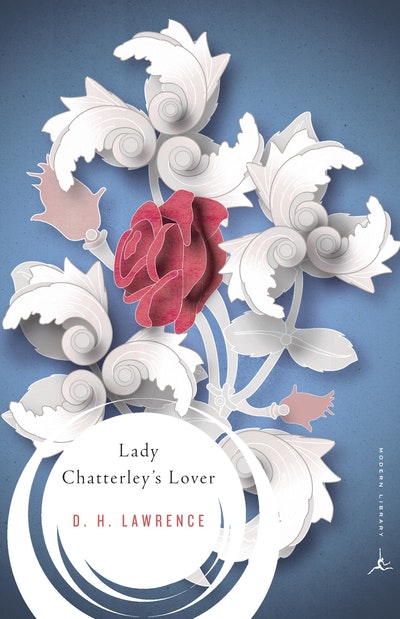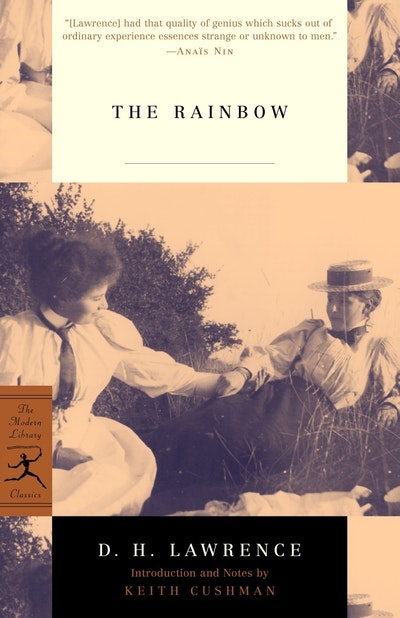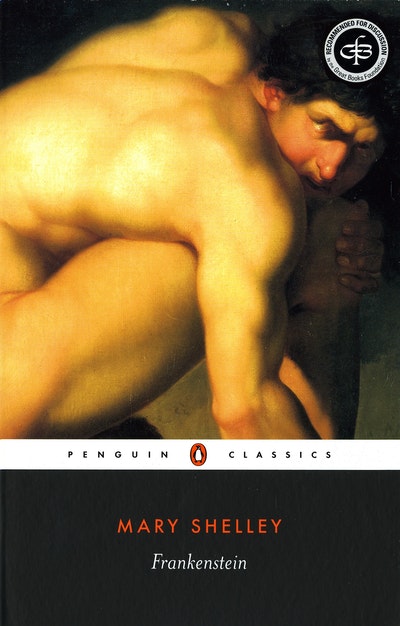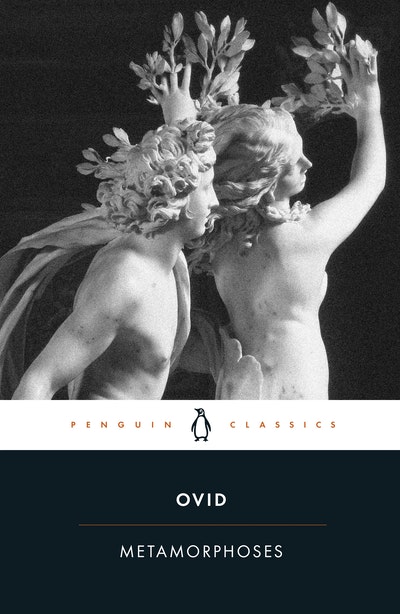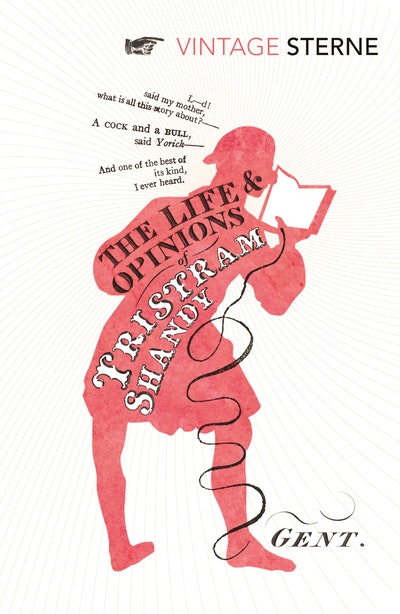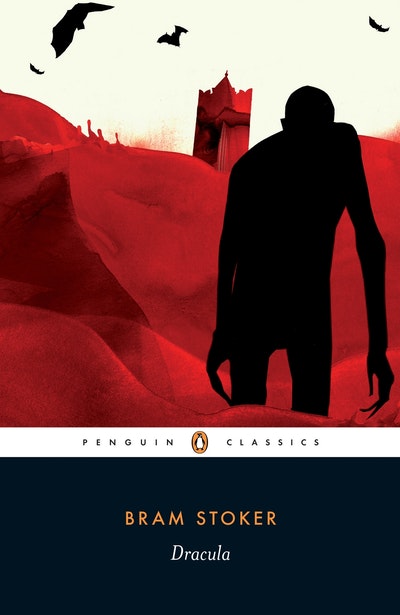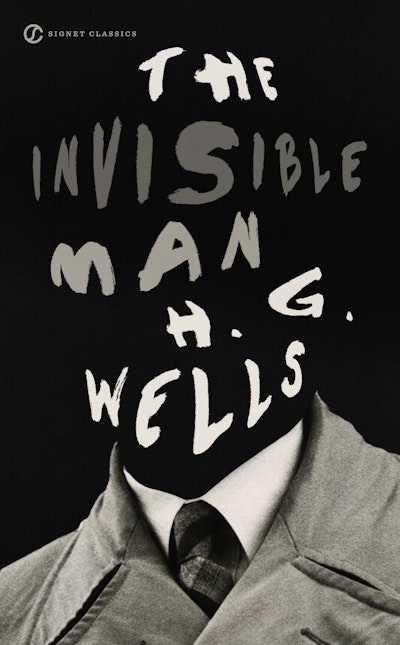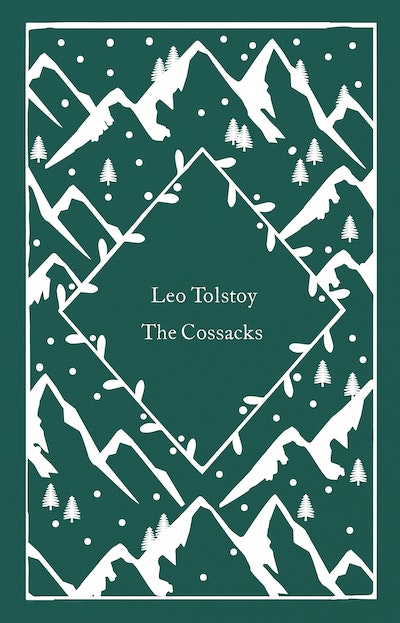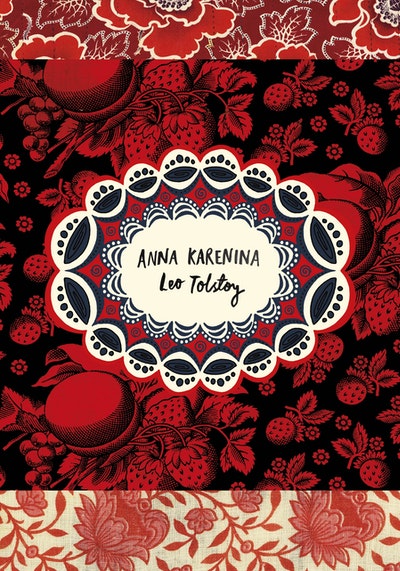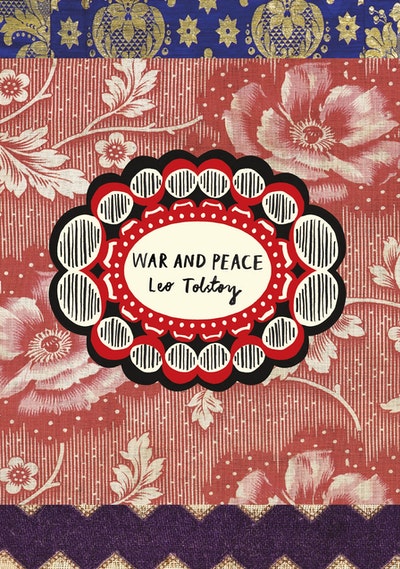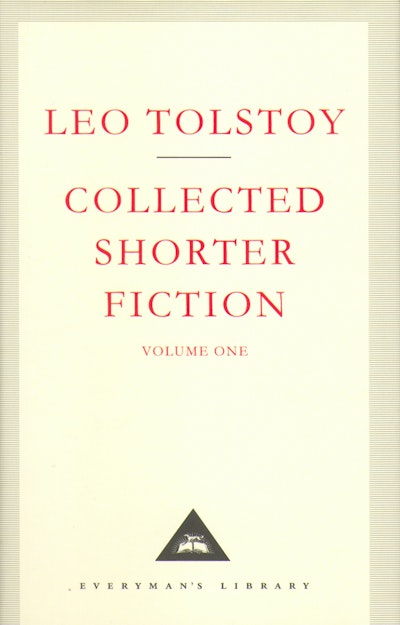- Published: 7 January 2008
- ISBN: 9780140447934
- Imprint: Penguin Classics
- Format: Paperback
- Pages: 1440
- RRP: $26.00
War and Peace
The acclaimed new translation of Tolstoy's masterpiece, for the first time in Black Classics after the successful hardback and Red Classics editions - 10,000+ hbks and by time of BC 20,000+ of Red Classic sold
At a glittering society party in St Petersburg in 1805, conversations are dominated by the prospect of war. Terror swiftly engulfs the country as Napoleon’s army marches on Russia, and the lives of three young people are changed forever. The stories of quixotic Pierre, cynical Andrey and impetuous Natasha interweave with a huge cast, from aristocrats and peasants, to soldiers and Napoleon himself. In War and Peace (1868-9), Tolstoy entwines grand themes - conflict and love, birth and death, free will and fate - with unforgettable scenes of nineteenth-century Russia, to create a magnificent epic of human life in all its imperfection and grandeur.
- Published: 7 January 2008
- ISBN: 9780140447934
- Imprint: Penguin Classics
- Format: Paperback
- Pages: 1440
- RRP: $26.00





























